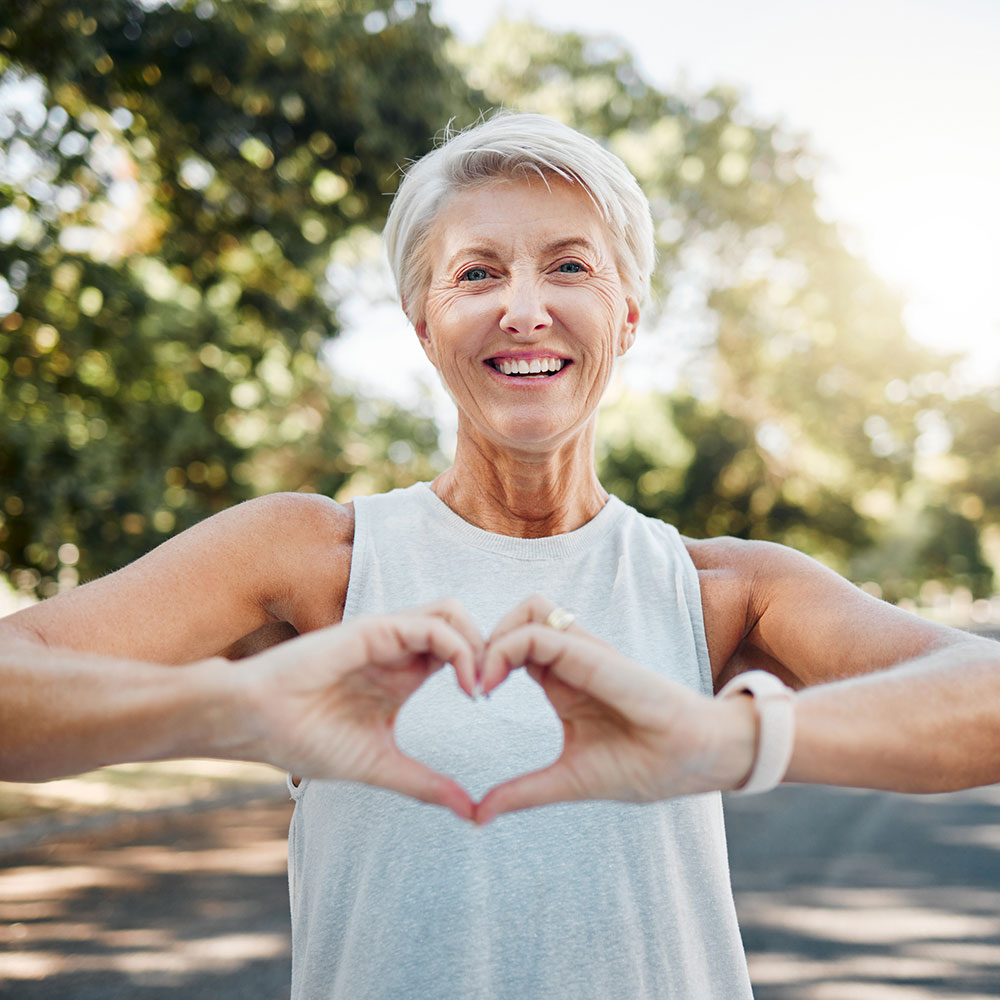Or, decide to try experimenting with drugs because of peer pressure? Are you now dealing with addiction as a result of that choice?
One definition of addiction is that of a physiological and psychological dependency on psychoactive substances that can cross the blood-brain barrier and temporarily alter the brain’s chemical components. The American Society of Addiction Medicine considers addiction to be “…a primary, chronic disease of brain reward, motivation, memory, and related circuitry.”

Common Forms of Addictions
Many teens, adults, and even children experiment with drugs and alcohol at some point in their lives. While addiction can be incredibly destructive and life-threatening, there is always help. When you choose to seek treatment at Spark To Recovery, you’ll receive the help you need to heal from drugs and alcohol.
You’ll regain your self-worth, learn how to manage your daily life, and realize your future is bright and full of opportunity. You can break the cycle of addiction and live a sober, healthy life. Our highly qualified professional therapists and medical staff are dedicated to your care and treatment. Spark To Recovery is committed to your sobriety and providing you with the help you deserve.
How Does Addiction Happen?
Most people don’t wake up one morning and say, “I think I’ll become addicted to alcohol today.” Instead, they begin using a substance in small doses that they consider to be normal. Maybe they have a few drinks at a party or try experimenting with drugs with their friends.
Over time, they require higher doses of the substances to get the same “high.” This marks the beginning of the transition from abusing alcohol and drugs to being dependent. Chemical dependency is a physical dependence on a substance, where your body will negatively react without the substance. Your body will become more tolerant to the drug and will go through symptoms of withdrawal if you stop using it all at once.
Signs and Symptoms of Addiction
According to the United Nations Office on Drugs and Crime, over 30 million people worldwide suffer from drug addiction. Everybody knows someone in their family who has had an alcohol or drug problem. Are you, or someone you care about, suffering from chemical dependency? We believe recovery is possible. There is Hope and help for those who suffer from these hideous illnesses.
Alcohol and drug addiction can affect people from all walks of life, and it is typically hidden in secret, never being acknowledged until something drastic happens to the addict or a loved one. The disease of addiction is progressive and deadly. According to CDC WONDER, “More than 70,000 Americans died from drug-involved overdose in 2019, including illicit drugs and prescription opioids.” Opioids are the main driver of overdose deaths. In 2018, opioids were involved in 69.5% of all drug overdose deaths (CDC). In addition, some experts estimate that 30% of individuals who died from opioid overdose were also suicidal (NIDA and NIMH). Those statistics express just how deadly addiction can be.
Here are the signs and symptoms of addiction you can recognize early on to help you, or a loved one:
Physical
- Pale skin
- Sudden weight loss or weight gain
- Frequently looks ungroomed
- A constant runny nose or frequent nosebleeds
- Dilated pupils
- Red eyes
- Shakes
- Tremors
- Cravings
- Smell of smoke or other unusual smells on breath or on clothes
- Poor hygiene
- Frequently red or flushed cheeks or face
- Burns or soot on fingers or lips
- Track marks on arms or legs (wearing long sleeves in warm weather to hide marks)
- Frequently sick
- Tired/ lethargic
- Slurred speech, fast speech, or unintelligible speech
- Sores and spots around the mouth
- Skin abrasions/ bruises
- Frequent perspiration
- Seizures
- Vomiting (drugfree.org)
Behavioral
- Compulsive behaviors
- Problems keeping to schedules/ commitments (ex: being late for work on multiple occasions)
- Lower performance levels at work or school
- Isolation from others
- Not participating in activities that you used to enjoy
- Discarding values that you used to hold dear
- Lying to cover up their behavior (breaking the law, frequently visiting the doctor, secret online behavior)
- Legal issues (DUIs or being arrested)
- Lack of control over how often or how much of a substance is used
- Avoids eye contact
- Locks doors
- Disappears for long periods of time
- Uses chewing gum or mint to cover up breath
- Has cash-flow problems
- Coordination seems off
- Energy vs. sleep ratio
Social/Emotional
- Major changes in personality (the biggest indicator of addiction)
- Unable to function in a typical interpersonal relationship (an early sign that something is wrong)
- Withdrawn from usual friends
- Changes in your social circle
- Secretive
- Lack of communication
- Defensive
- Argumentative
- Irritable
- Withdrawn and depressed
- Less motivated
- Unable to focus
- Sudden loss of energy
- Hyperactive
Addiction is a progressive disease- it will only get worse with time. However, it’s never too late to get treatment. As soon as you notice any of these signs and symptoms, seek help right away.

Get Help with Addiction
If any of the addiction warning signs listed above fit the description of you (or a loved one), and it becomes clear that substance abuse dominates your life. And those are negatively influencing your relationships, health, and ability to carry out responsibilities of everyday life, then it is time to get help. Spark To Recovery is ready to assist with your individual needs.
Timing is crucial-over time, addicts not only destroy their lives, but also the lives of the people closest to them. A major part of addiction is denial, which makes it difficult for treatment to be achieved at home. It is important to take action to change your life for the better. If you are ready to take that next step towards recovery, the Spark To Recovery rehab center will welcome you with open arms. Getting over an addiction is not easy, but at Spark To Recovery, you will not be alone on your journey.
Get help-Call Spark To Recovery today!